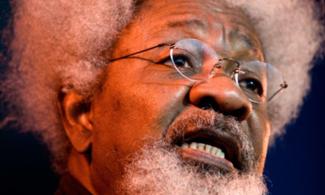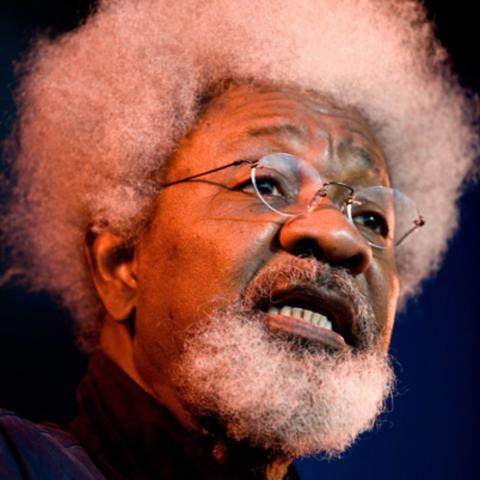
Such acts turn out in the end to be based on nothing but fears, sometimes generated by guilt over past injustices, such as inequitable dealing. That is the basis of tragedy, towards which nations are propelled by a partial, or wrongful reading of socio-political realities and – history.

Balarabe is sadly, but I hope not tragically wrong. I invoke the tragic dimension here because the making of tragedy, especially for nations, often begins when fears are mistaken, or promoted as facts, and governments either by themselves, or together with interest groups, are enticed by fears into embarking on precipitate, irrational, and irreversible acts.
Such acts turn out in the end to be based on nothing but fears, sometimes generated by guilt over past injustices, such as inequitable dealing. That is the basis of tragedy, towards which nations are propelled by a partial, or wrongful reading of socio-political realities and – history.
I would like to see this nation avoid such a blunder. So, I am certain, would Balarabe Musa. Raising the spectre of secession is a facile approach to the dangerous, self-evident lapses in governance which Balarabe himself acknowledges in his response to the Amotekun principle made flesh.
The midwives of Amotekun have repeatedly acknowledged that theirs is only a contribution towards a crisis of escalating proportions. Other states should be encouraged to emulate, not misread such initiatives, then demonize them by false attributions. That is the certain recipe for tragedy.